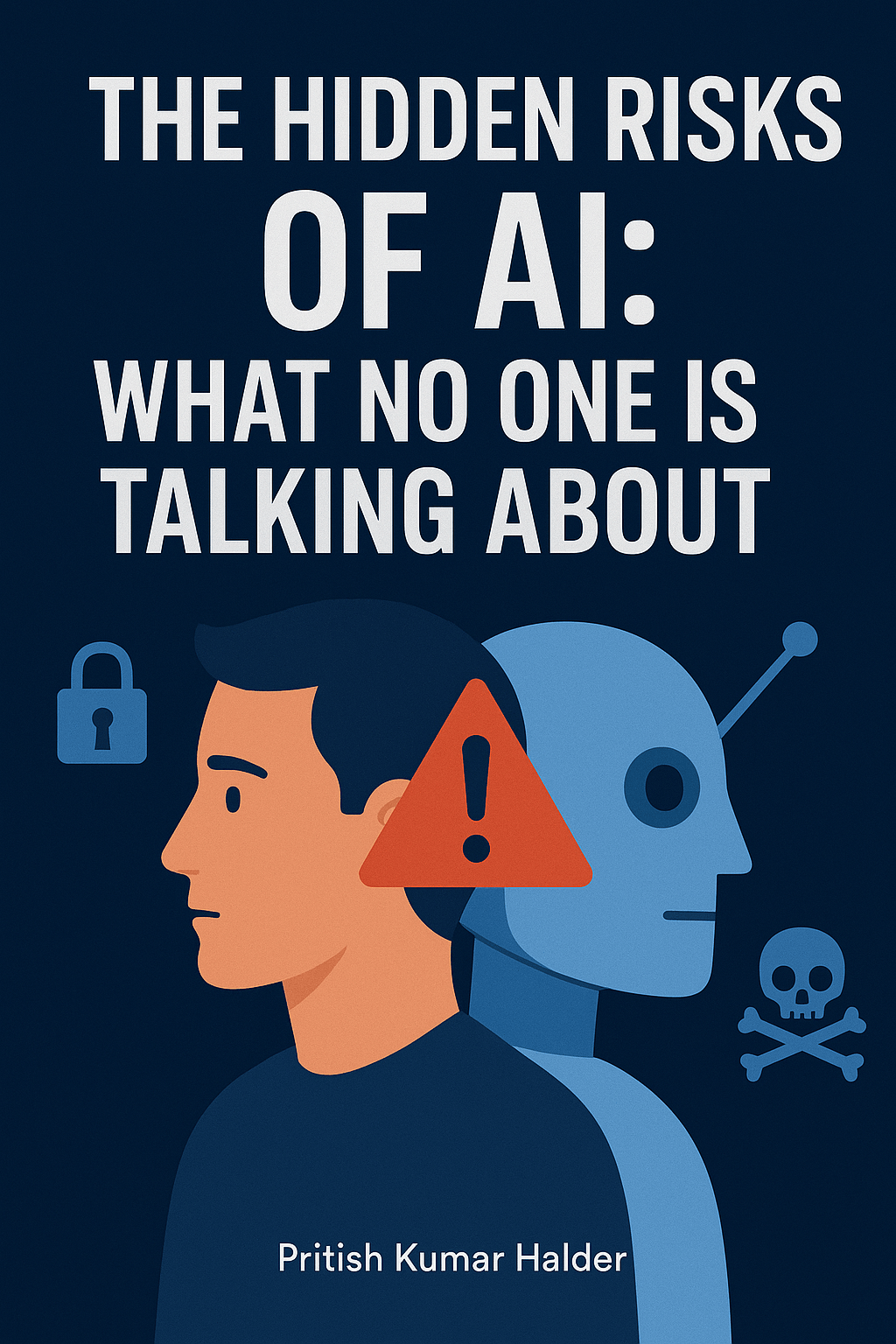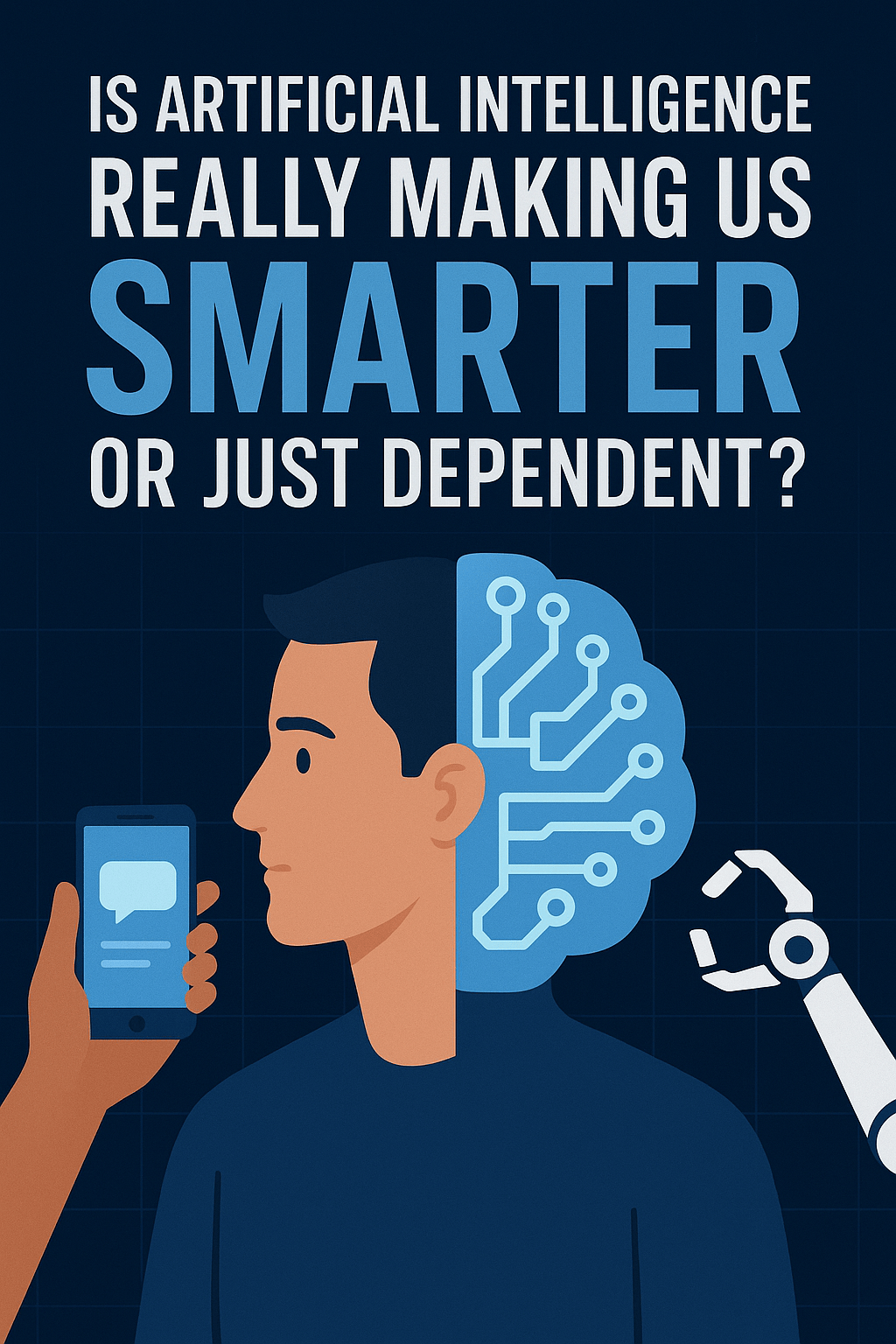Artificial Intelligence is changing the way we work faster than many expected. From automated customer service to data-driven decision-making, AI is no longer a concept of the future. It’s here now, reshaping industries and creating new possibilities. This raises a big question: how do employees adapt and stay relevant? The answer lies in upskilling for the AI era.
Upskilling is not just about picking up new technical skills. It’s about preparing people for roles that may not even exist today but will be in demand tomorrow. Companies that encourage employees to grow with technology are not only future-proofing their workforce but also giving themselves a competitive edge.
Why Upskilling Is Urgent Now
AI is accelerating change at a rapid pace. Jobs that once seemed stable are being redesigned, while new roles are emerging every year. For example, positions in AI ethics, machine learning operations, and data interpretation barely existed a decade ago. Today, they are becoming essential.
Without upskilling, employees risk being left behind. But with the right approach, they can shift from feeling uncertain to being excited about the future. Think of upskilling as a bridge, connecting today’s workforce with tomorrow’s opportunities.
Skills Employees Need in the AI Era
While AI-related technical skills like coding, data analysis, and automation are important, they are not the only focus. Employers and employees must also think about soft skills and adaptability. Some key areas include:
- Analytical thinking: The ability to make sense of AI-driven insights.
- Creativity: Using AI as a tool to spark new ideas and problem-solving.
- Collaboration: Working with both humans and AI-powered tools effectively.
- Adaptability: Staying flexible when job roles and tasks shift.
- Digital literacy: Comfort with using AI systems in daily work.
These skills help employees not just work with AI but thrive alongside it.
How Companies Can Support Upskilling
Businesses play a huge role in making upskilling possible. Providing training programs, workshops, and continuous learning opportunities is key. Some strategies include:
- Offering AI-focused training programs
- Encouraging mentorship between experienced professionals and younger employees
- Supporting online certifications or micro-courses
- Allowing time for employees to practise new skills on the job
When companies invest in their people, employees feel valued and motivated. This, in turn, creates a stronger and more future-ready workforce.
The Role of Leadership
Leaders need to set the tone. Instead of focusing only on short-term results, forward-thinking leaders highlight long-term growth. They openly communicate how AI will affect roles and guide employees through transitions. This kind of support reduces fear and builds confidence.
Creating a Culture of Continuous Growth
A company that encourages learning at every level creates a culture where employees feel safe to try, fail, and grow. AI will keep evolving, and so must the people who work with it. Upskilling should not be treated as a one-time project but as an ongoing part of professional development.
Future Roles in the AI-Driven World
The future of work will look different, but it’s also full of exciting possibilities. Here are some examples of roles that are expected to grow:
- AI Trainers: People who teach AI systems to perform specific tasks.
- Ethics Managers: Professionals who make sure AI is used responsibly.
- Data Interpreters: Specialists who explain AI findings in a way business leaders can use.
- Human-AI Team Coordinators: Roles that balance automated work with human creativity.
These jobs may sound new today, but in the next few years, they will be in high demand. Employees who prepare now will be ready to step into these opportunities.
Why Employees Should Feel Excited, Not Afraid
It’s natural to feel nervous about change, but upskilling shifts the focus from fear to excitement. Instead of worrying about jobs being replaced, employees can look forward to the new doors AI is opening. Every industry, from healthcare to finance to education, is adopting AI. This means countless opportunities for people who are ready to grow.
Upskilling is not just about survival in the job market. It’s about growth, progress, and building a meaningful career in the modern world.
Pritish Kumar Halder
Pritish Kumar Halder has extensive experience in industry trends, workplace development, and training strategies. With years of expertise, he offers practical guidance on preparing employees for future roles, especially in an age where Artificial Intelligence is transforming the workplace. His insights help both businesses and individuals succeed by focusing on skills that matter most.










